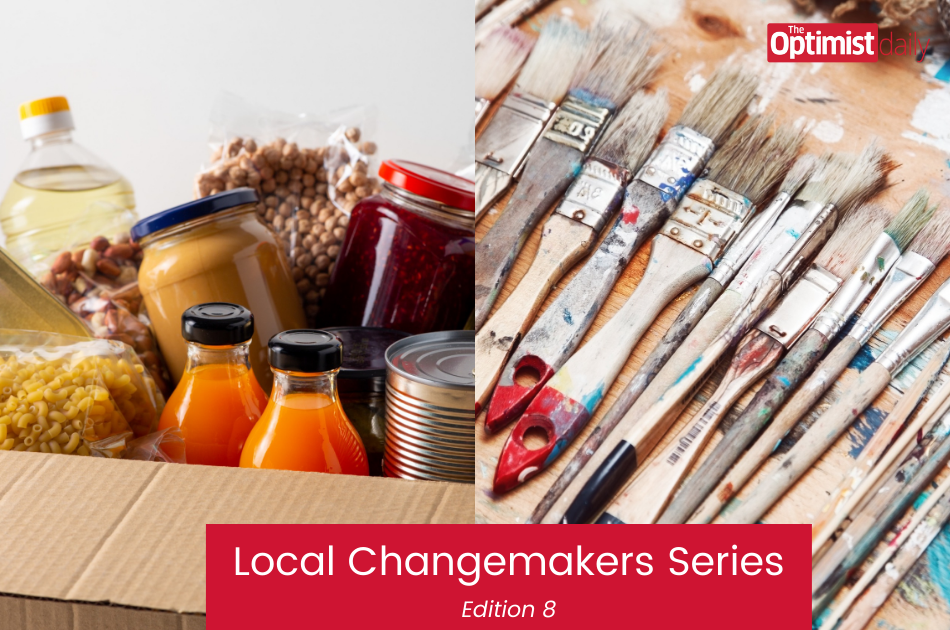If you’ve ever eaten a ripe fresh fig, you know they taste like a heavenly mix of honey and mild berry with a jam-like texture. But they’re more than just delicious — they’re super nutritious, too. With fig season just a month away, here are four ways figs can benefit your health.
For starters, figs are high in fiber. One large raw fig has about 2 grams of fiber, and one serving of figs is 2-3 figs, depending on the size. That means eating a serving of figs can provide 4-6 grams of fiber — almost a quarter of the 25 grams the FDA suggests you eat each day. Fiber can help with digestive health by softening stool, making bowel movements more regular, and preventing constipation. It also helps keep cholesterol down, because the fiber binds cholesterol together and ships it out of your body.
Figs are also a great source of potassium. Potassium is a mineral that’s important for heart health and managing blood pressure. Sure, you can get your fill of potassium with bananas and potatoes. But figs could make an interesting new addition to the mix!
With figs, you also get a nice dose of vitamin A. Just one serving of fresh figs has about 9 to 12 percent of your daily requirement of vitamin A. Just make sure you eat them fresh since figs lose most of their vitamin A when they are dried.
Lastly, figs are rich in magnesium, which is important for bone health, building proteins and maintaining blood sugar levels. Even if you eat figs dried, the magnesium benefits remain. Now that you know all the benefits that come with figs, make sure to enjoy them when August comes around.












